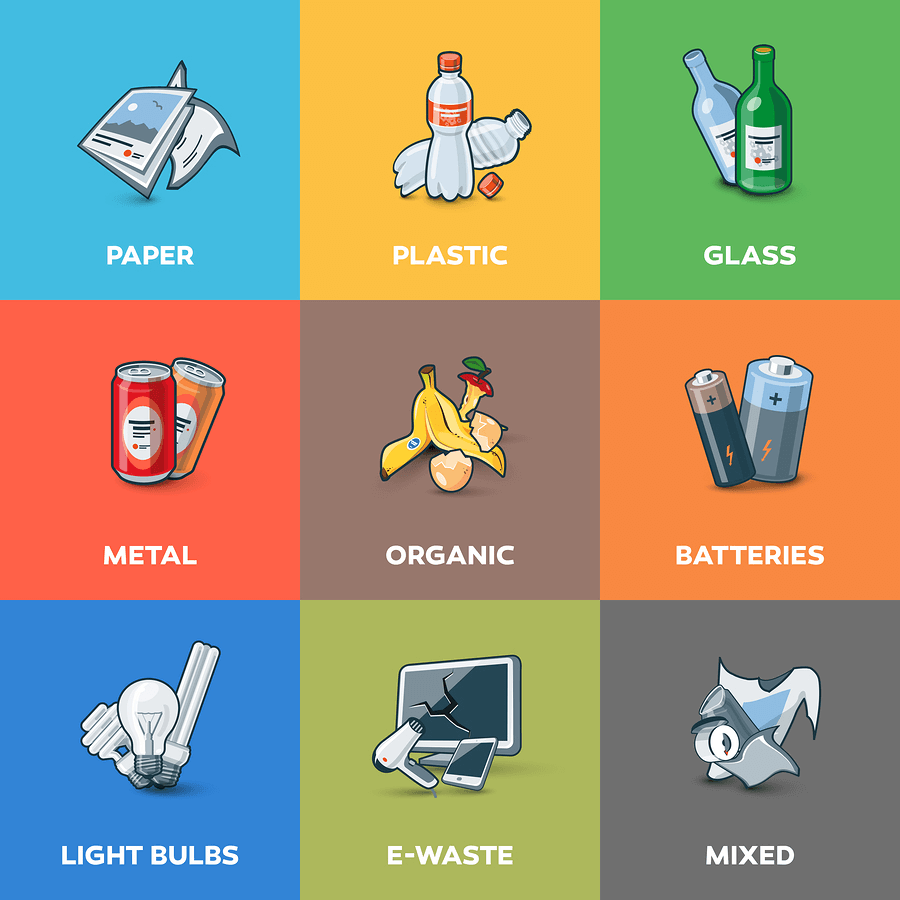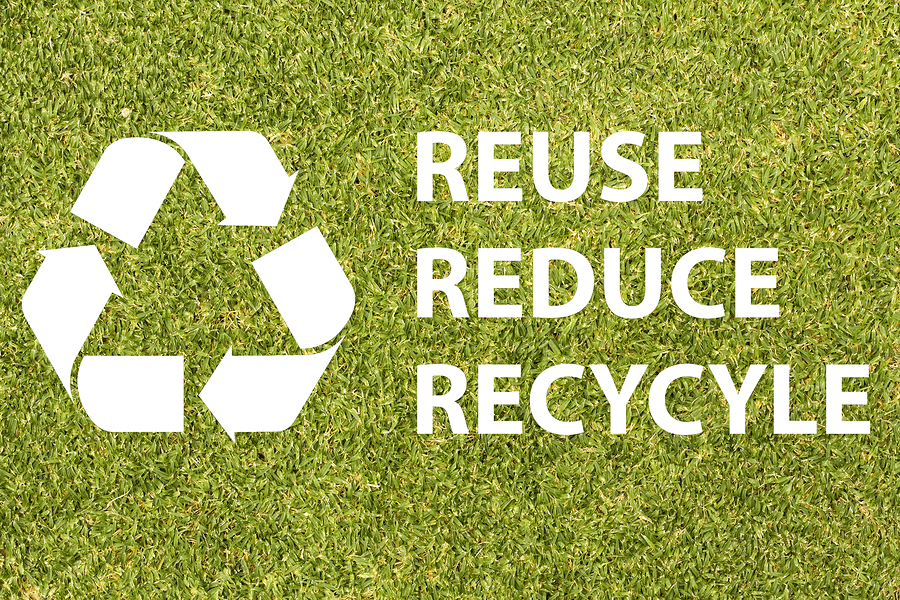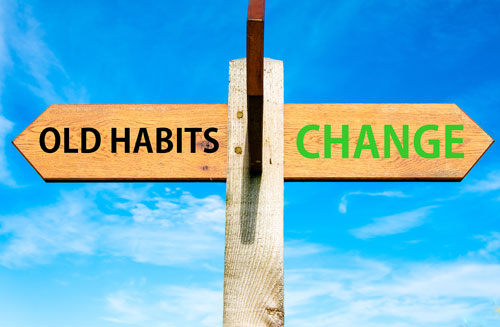What to do with your stuff – Recycling your goods – A Tidy Mind
Deciding to declutter is one thing – but what do you DO with your discarded things? How do you know whether something is worth selling and through which means?
And where to donate so that your discarded item can make the most positive impact?
These questions can concern and confuse people to the point where they are put off the whole process and feel literally blocked by their stuff. For this reason, one of the most important elements of the service I provide to clients, is the advisory part when it comes to removing goods.
Over the next three blog posts, I’ll discuss the standard as well as more creative ways of Recycling, Donating (see this post) and Selling (see this post) decluttered goods. All these avenues are such positive ways of helping others. The sense of worthiness that is cultivated when you have contributed to society cannot be underestimated! It actively builds your self-esteem and it rejuvenates you from the inside out.
Recycling:

So, currently it’s possible to recycle the following: aerosols, batteries, bricks/building rubble (including crockery), BRITA water filters, cardboard, cartons, corks, electrical items (including Christmas tree lights), engine oil, fire extinguishers, garden waste (including wood ash, hay/sawdust), glass, inhalers, light bulbs (the low energy kind), metal (including baking foil and aluminium trays), paper (with the exception of wallpaper) plasterboard, plastics (excluding clingfilm and selected other types) printer cartridges, textiles (including carpets and curtains), tyres, white goods and wood.
Phew!
The list includes SO many typical household items so if it’s not usable – and therefore unable to be donated – there’s a good chance it can be recycled. When decluttering with clients, I use different coloured bags to separate out goods. Clear for donations, green for recycling and black for non-recyclables. In comparison, I use very few black bags.
So what to do with the recyclables exactly?
Most of us receive an extra waste bin from the council but it doesn’t take an exhaustive list of items. Plus, if you are embarking on a decluttering journey, it is unlikely to be large enough for your needs at this time.
Your local recycling centre (the tip!) often takes various materials such as cardboard, metal, paper, plastic, garden waste, electrical items and wood but unfortunately they are rarely a one stop shop.
The trick is getting to know your own area and building up a diverse list of options. Professional Organisers spend time picking up this knowledge depending on the area they cover – but there’s no reason why you can’t do it too. Even better, you can then educate your friends and family.
Here are some general tips:
- Clothing/textile and glass banks are often located in supermarket car parks.
- Look in the entranceways to supermarkets for used battery collection boxes.
- Local co-op type shops sometimes have shoes/clothing banks outside.
- Laithwaite’s branches take corks.
- Inhalers can be recycled at selected pharmacies.
- Some councils will pick up diesel or petrol free of charge.
- Many retailers and suppliers of gas bottles will allow you to return your gas bottle once used. They are then refilled and used again and again.
The key is to be organised! As you discard items, separate them into different containers. Don’t let them hang around too long causing a cluttered feel though. Accept you’re going to make a number of trips and build them into every day life. It’s all part of the positive experience 😉
Yes it takes some effort to separate these items out and visit the recycling centre or specialist collection sites. It’s absolutely worth it! Doing so creates a feeling of contribution to preserving the planet and a sense of responsibility that feeds your soul. One of the further advantages is that it really makes you think about what controlling what comes into your home in the future. Immerse yourself in this stage and you’ll find it easier to maintain a clutter-free life.
Finally, don’t beat yourself up if you don’t recycle every last item. Do what you can within your current abilities but remember your aim is to declutter your home and your head. No one likes the thought of waste ending up in landfill – but please don’t treat your home as landfill either.
Thank you so much for reading.
If you don’t feel like going at it alone, that’s what I’m here for! Get in touch or find out how it works.



